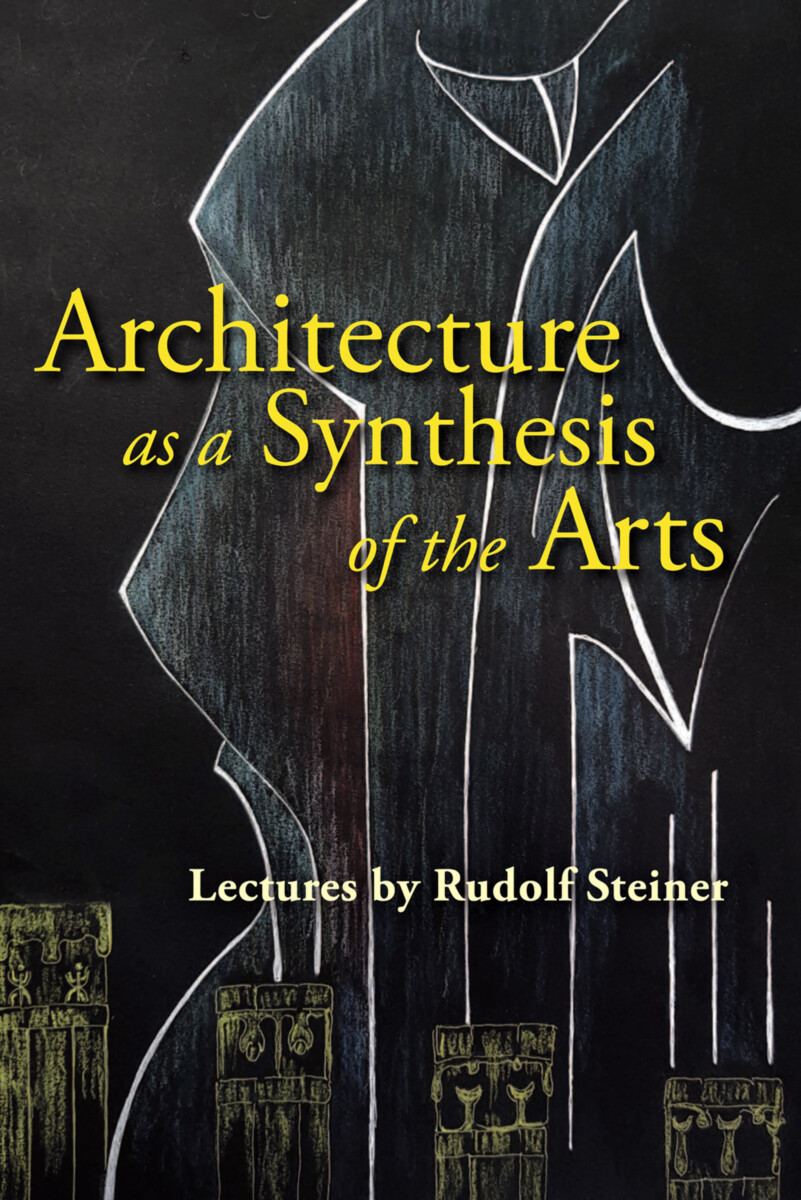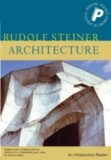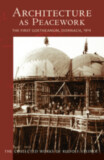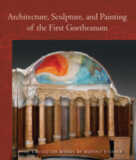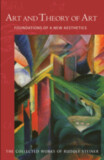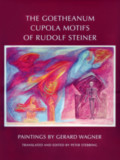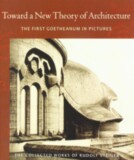Architecture as a Synthesis of the Arts
(CW 286)
Introduction by Christian Thal-Jantzen
Edited by Christian Thal-Jantzen
Translated by Johanna Collis, Dorothy S. Osmond, Rex Raab and Jean Schmid-Bailey
- Publisher
Rudolf Steiner Press - Published
1st December 1999 - ISBN 9781855840577
- Language English
- Pages 220 pp.
- Size 6" x 9"
8 lectures, Berlin, Stuttgart, Dornach, Dec. 12, 1911 – July 26, 1914 (CW 286)
This collection of lectures introduces Rudolf Steiner’s unique vision of architecture as a culmination of the arts, uniting sculpture, painting, and engraving, as well as drama, music, and dance—a vital synthesis with the goal of awakening human beings to their task in life.
Unlike many of his contemporaries, Steiner’s ideas did not remain abstract. Within his lifetime he designed and constructed a number of buildings, including his architectural masterpiece the Goetheanum, a center for culture and arts near Basle, Switzerland. In these lectures, Steiner describes—with reference to the Goetheanum—the importance of an architecturally coherent and integrated community, and how this in turn affects social harmony and unity. The visual arts have the task of transforming our consciousness and helping us build a new society. In words highly relevant to our time, Steiner states that good architecture has the potential to prevent crime and disorder in a way that the system of criminal law could never manage!
Relevant to students of architecture, the arts, social science or anyone seeking deeper spiritual understanding, this volume is illustrated throughout with photos and diagrams and features color plates and additional supporting material edited by Christian Thal-Jantzen.
This volume is a translation from German of Wege zu einem neuen Baustil. « Und der Bau wird Mensch » (Paths to a new style of architecture. “And the building becomes human”) by Rudolf Steiner Verlag, Dornach, Switzerland (GA 286).
C O N T E N T S:
Introduction by Christian Thal-Janzen
PART ONE: AND THE TEMPLE IS THE HUMAN BEING
1. Art and Architecture that Reveal the Underlying Wholeness of Creation
2. The Task of Modern Art and Architecture
3. Outline Proposals for the Architecture of a Model Anthroposophical Community in Dornach
PART TWO: WAYS TO A NEW STYLE OF ARCHITECTURE
4. True Artistic Creation
5. Art as the Creation of Organs through which the Gods Speak to Us
6. A New Conception of Architecture
7. The Aesthetic Laws of Form
8. The Creative World of Color
APPENDIX
1. The Evolution of Architecture at the Turn of Each New Millennium
2. The Rebuilding of the Goetheanum
Color Plates
Rudolf Steiner
Rudolf Steiner (b. Rudolf Joseph Lorenz Steiner, 1861–1925) was born in the small village of Kraljevec, Austro-Hungarian Empire (now in Croatia), where he grew up. As a young man, he lived in Weimar and Berlin, where he became a well-published scientific, literary, and philosophical scholar, known especially for his work with Goethe’s scientific writings. Steiner termed his spiritual philosophy anthroposophy, meaning “wisdom of the human being.” As an exceptionally developed seer, he based his work on direct knowledge and perception of spiritual dimensions. He initiated a modern, universal “spiritual science” that is accessible to anyone willing to exercise clear and unbiased thinking. From his spiritual investigations, Steiner provided suggestions for the renewal of numerous activities, including education (general and for special needs), agriculture, medicine, economics, architecture, science, philosophy, Christianity, and the arts. There are currently thousands of schools, clinics, farms, and initiatives in other fields that involve practical work based on the principles Steiner developed. His many published works feature his research into the spiritual nature of human beings, the evolution of the world and humanity, and methods for personal development. He wrote some thirty books and delivered more than six thousand lectures throughout much of Europe. In 1924, Steiner founded the General Anthroposophical Society, which today has branches around the world.


